You know that moment when you realize something big is happening behind the scenes? Apple is about to make one of the boldest moves in its history, paying Google a staggering $1 billion annually to transform Siri with cutting-edge AI technology. This is not just another incremental update. Reports call it the largest AI licensing agreement in tech history, one that could finally give Siri the intelligence it has desperately needed.
The deal centers on integrating Google's powerful 1.2 trillion-parameter Gemini AI model into Apple's voice assistant, a massive leap from Apple's current 150 billion-parameter system. Here is the twist that makes privacy hawks breathe easier: Apple will run Gemini on its own Private Cloud Compute servers, so user data doesn't touch Google's infrastructure while Apple still taps into Google's AI muscle.
The billion-dollar transformation: What's driving Apple's AI strategy?
Apple did not land on this decision overnight. The company evaluated multiple third-party AI models, including OpenAI's ChatGPT and Anthropic's Claude, then chose Google's offering. That choice fits the relationship already in place; Apple already pays Google an estimated $20 billion annually to remain the default search engine on Apple devices.
This partnership signals something larger than familiarity. The AI race is moving too fast to wait for perfect in-house solutions. Apple prizes independence, sure, but pressure from ChatGPT, Google Assistant, and other advanced systems pushed a pragmatic pivot. The move rapidly bolsters Siri's capabilities by leaning on Google's established framework, instead of risking years of delay.
The scale gap is staggering. Google's custom Gemini model will pack 1.2 trillion parameters, roughly eight times more complex than Apple's current cloud-based Intelligence features. Raw numbers are not the whole story. More parameters mean better handling of complex, multi-step queries with real context, the kind of everyday questions where current Siri often stumbles.
How Google's Gemini will actually power the new Siri
Here is what the integration means when you talk to Siri. Apple is licensing a custom version of Google's Gemini AI to power the next evolution of Siri, set to roll out with iOS 26.4 in spring 2026, according to analysts. Under the hood, Gemini will mainly handle Siri's summarizer and planner functions, while Apple's own systems keep running other features.
Think of it this way. Ask Siri to read a PDF and pull out the key points; that is the summarizer at work. Ask Siri to schedule lunch with Bob; that is the planner taking multiple steps like checking a calendar, picking a time, and sending a message. These are the spots where Siri has struggled most, and where Gemini's strengths hit hardest.
Apple's implementation keeps control where it wants it. Queries run on Apple's Private Cloud Compute servers that host the Gemini model, so the system can be powerful and still respect privacy.
Privacy first: How Apple maintains control while leveraging Google's AI
Privacy is the nonnegotiable. Apple's setup is designed so Gemini powers much of Siri's backend while Apple controls personal data with its on-device processing. The key promise is that no user data will be shared with Google, because the model runs entirely on Apple's servers.
The money flow matches that stance. Apple will run the Gemini model on its own Private Cloud Compute servers, so it is not paying Google for processing, only for the model license. That lets Apple dictate how data is handled, without giving up capability.
Apple is already expanding its Private Cloud Compute server setup in anticipation of the launch. The approach is widely seen as a temporary measure until Apple's own AI systems are ready. In parallel, Apple plans to continue building its own large language models, including a proprietary one trillion-parameter cloud model that could be ready by 2026.
What this means for the future of Apple's ecosystem
The partnership marks a shift in Apple's AI strategy and competitive posture. It is part of one of the biggest overhauls in Siri's history, transforming it into a more intelligent, context-aware system. It also shows Apple's willingness to partner when it speeds up delivery.
The revamped Siri, internally codenamed "Linwood" in leaks, is Apple's answer to the AI assistant arms race. With Gemini onboard, Apple expects Siri and other Apple Intelligence features to handle complex queries and execute tasks across multiple apps, bringing Siri closer to rivals like ChatGPT and Perplexity.
There is a strategic subtext here. Apple is signaling a flexible approach to technology development, prioritizing user experience over purity of ownership. And yes, industry insiders suggest this partnership is a short-term fix. Once Apple's in-house LLMs are deemed capable enough, the company is expected to switch away from the Gemini partnership. A bridge strategy, plain and simple.
The game-changing implications we can't ignore
This $1 billion annual investment is Apple admitting the AI revolution is not waiting. The partnership aims to significantly enhance Siri's contextual understanding and task execution, answering years of frustration with Siri's limits.
The deal provides a win-win for both sides. Apple gets an immediate lift for summarization and multi-step tasks, and Google secures a financial windfall and deeper ties into Apple's ecosystem. For Google, that also offers revenue diversification as antitrust pressure builds around search.
For people using Apple devices, the payoff is simple: a digital assistant that finally feels, well, intelligent. The schedule gives Apple time to integrate and test the new version of Siri, which is expected around March or April 2026.
Imagine asking Siri to plan your entire vacation, flights, hotels, dinner reservations, and having it execute instead of dumping a list of websites. That is the shift on the table. The real question is not if this will move the needle, but how quickly it will reset expectations for what Siri can do across the Apple ecosystem.




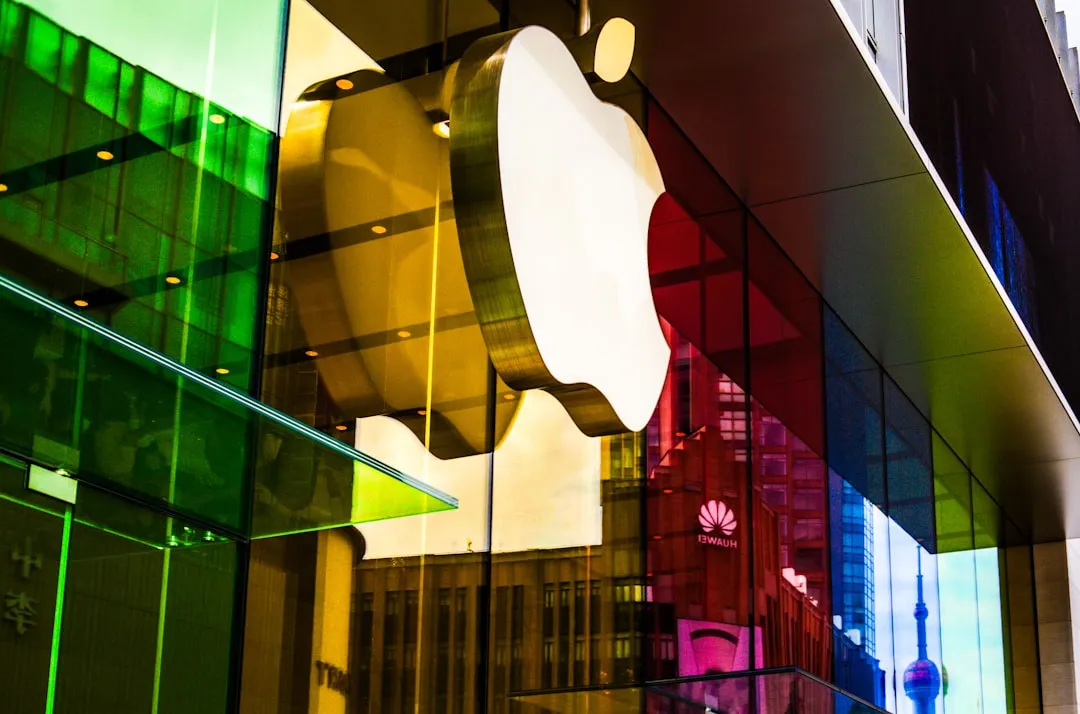


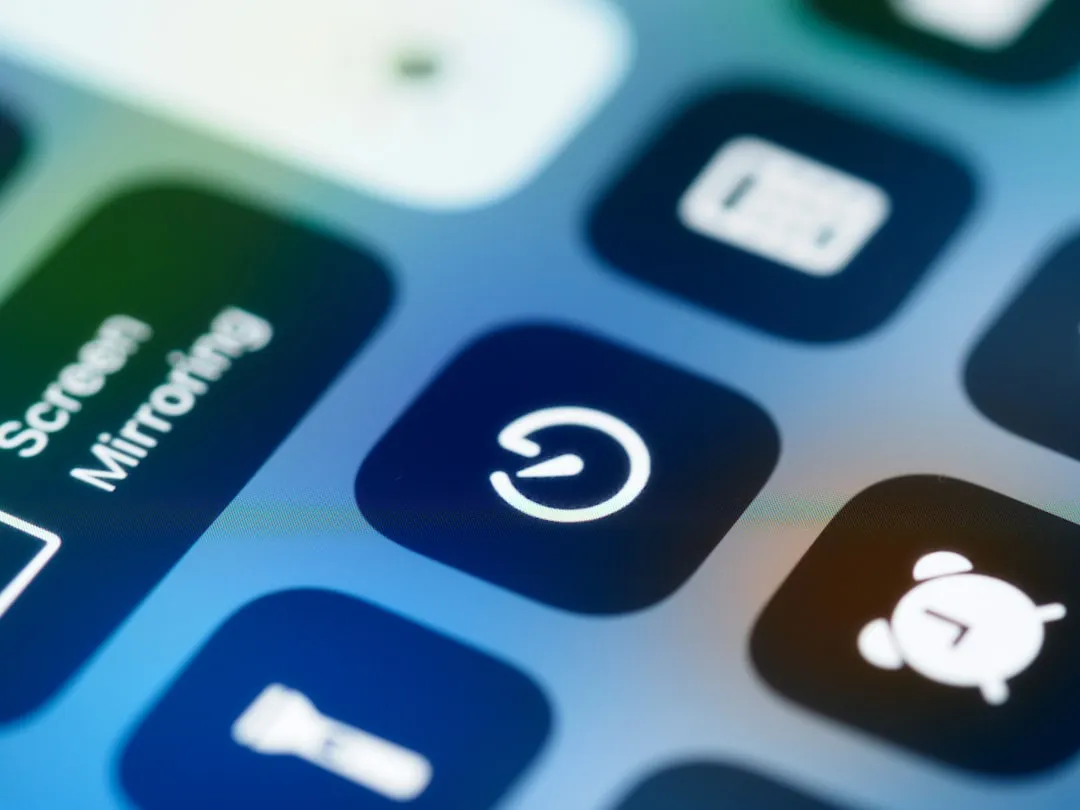
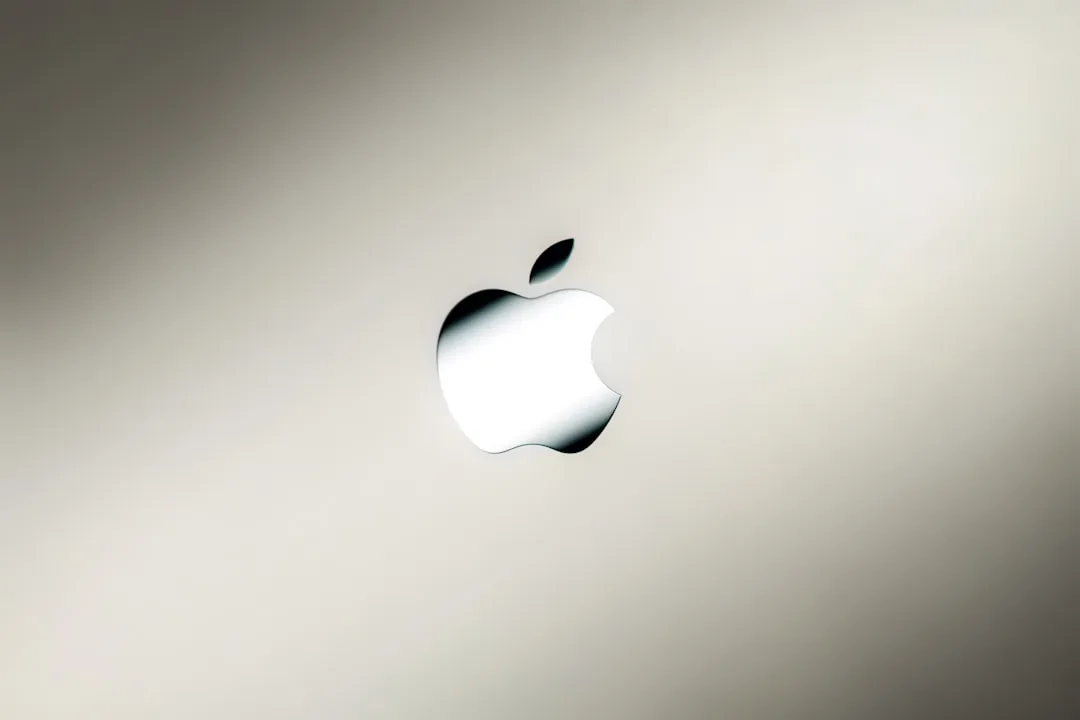
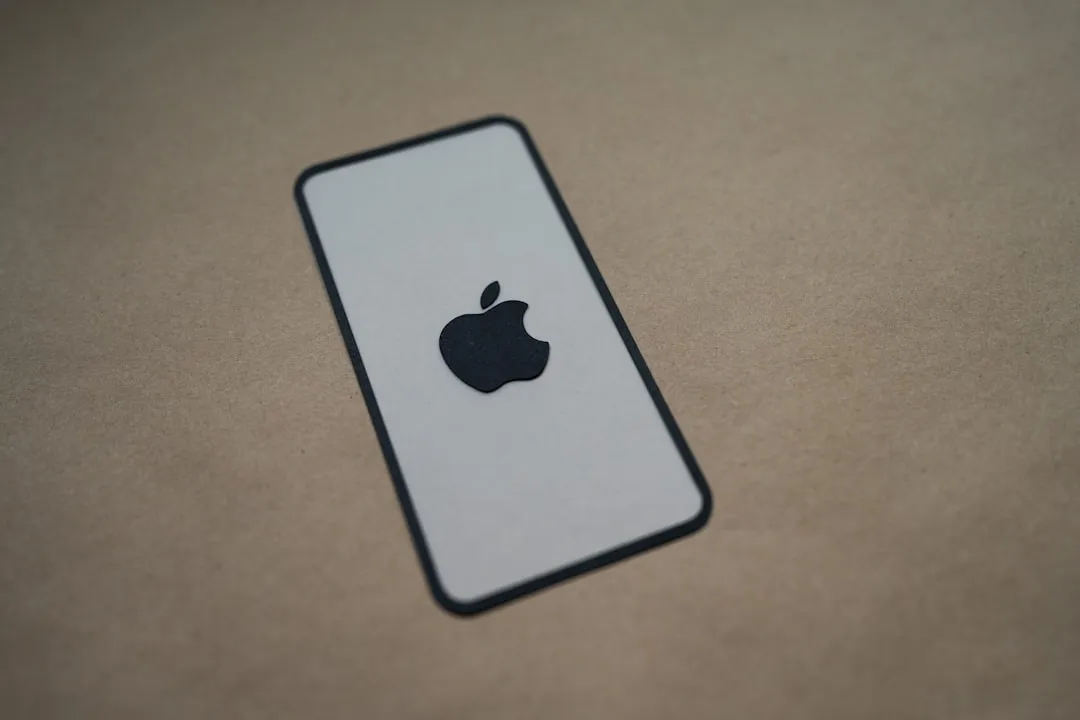

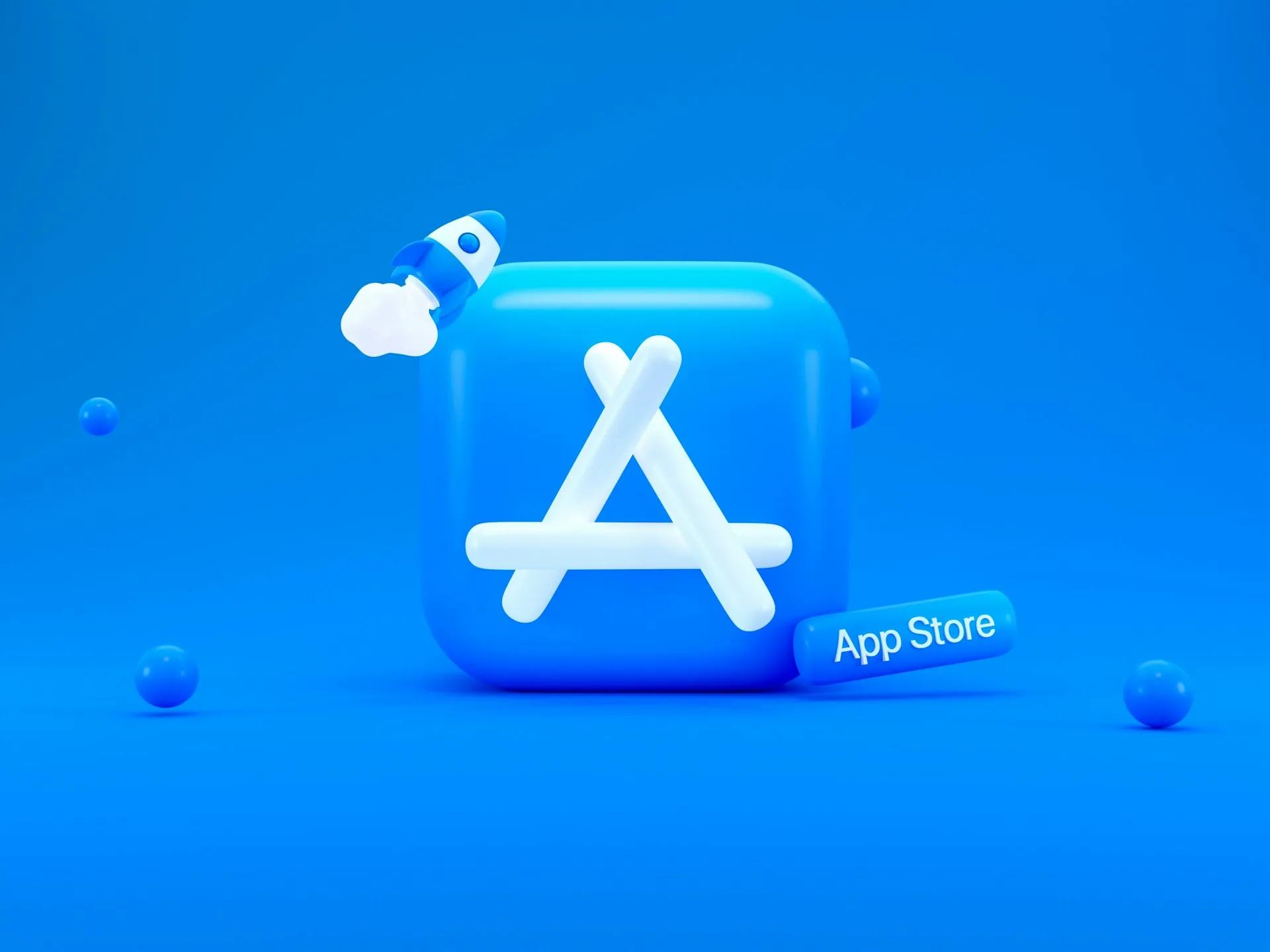
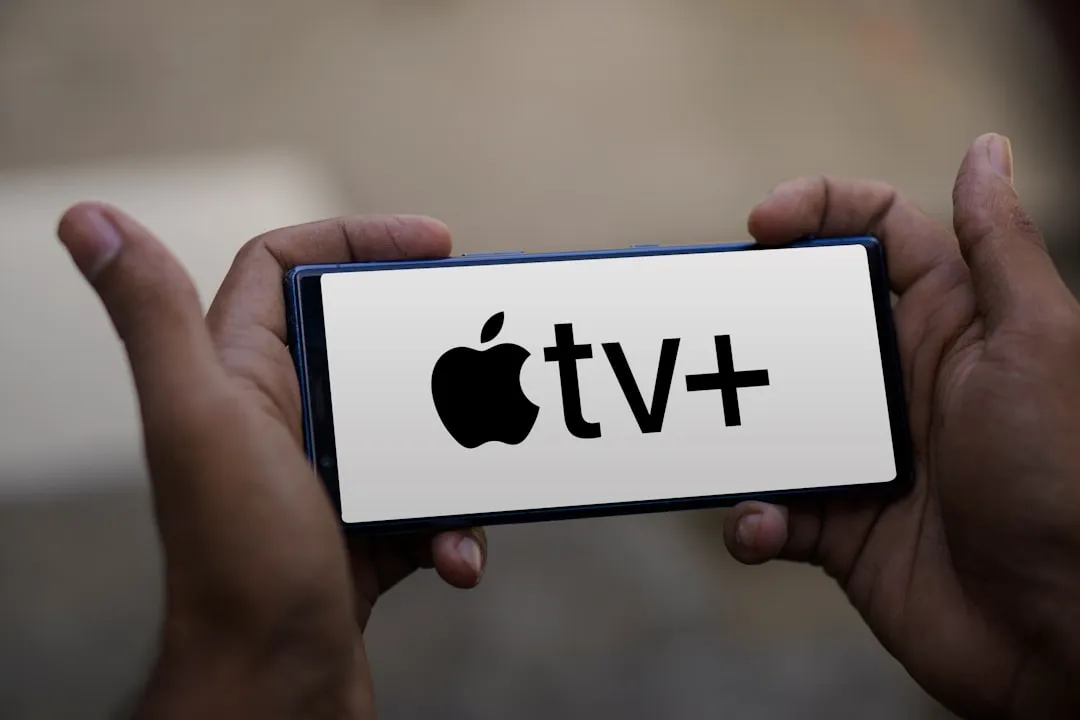
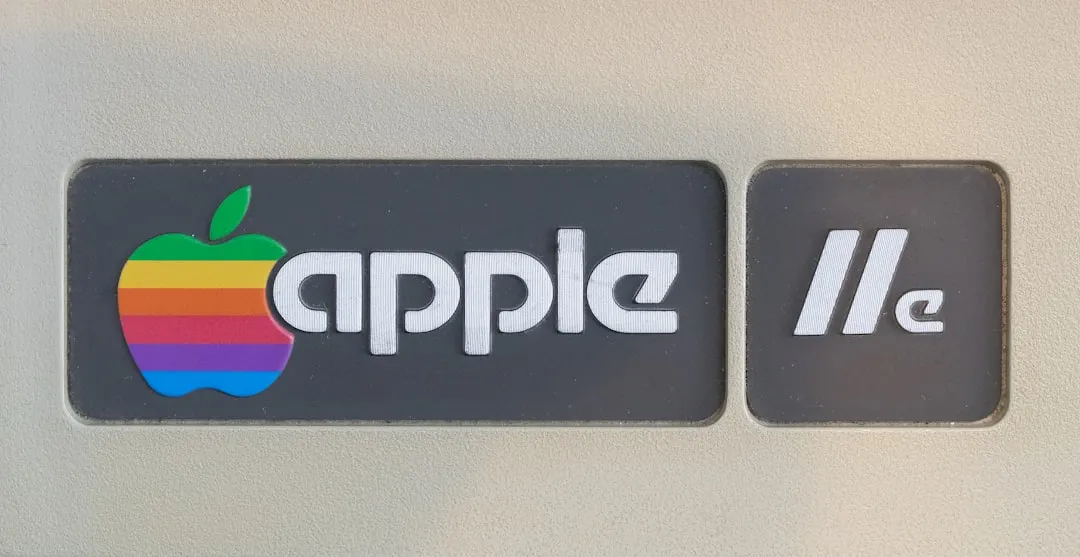
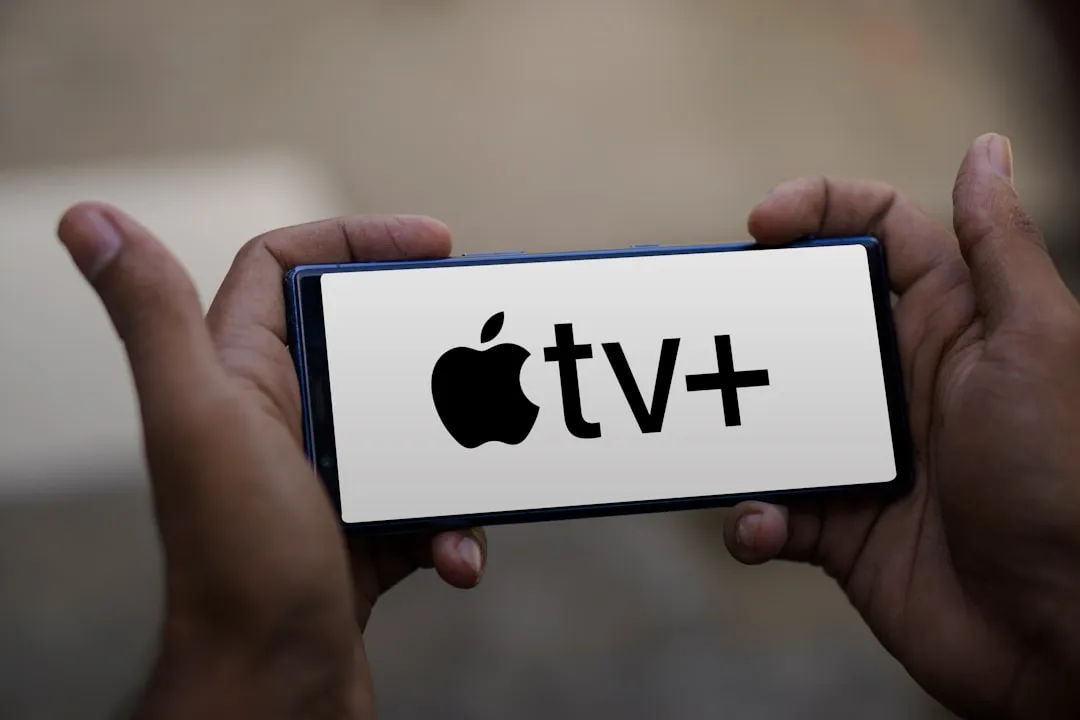
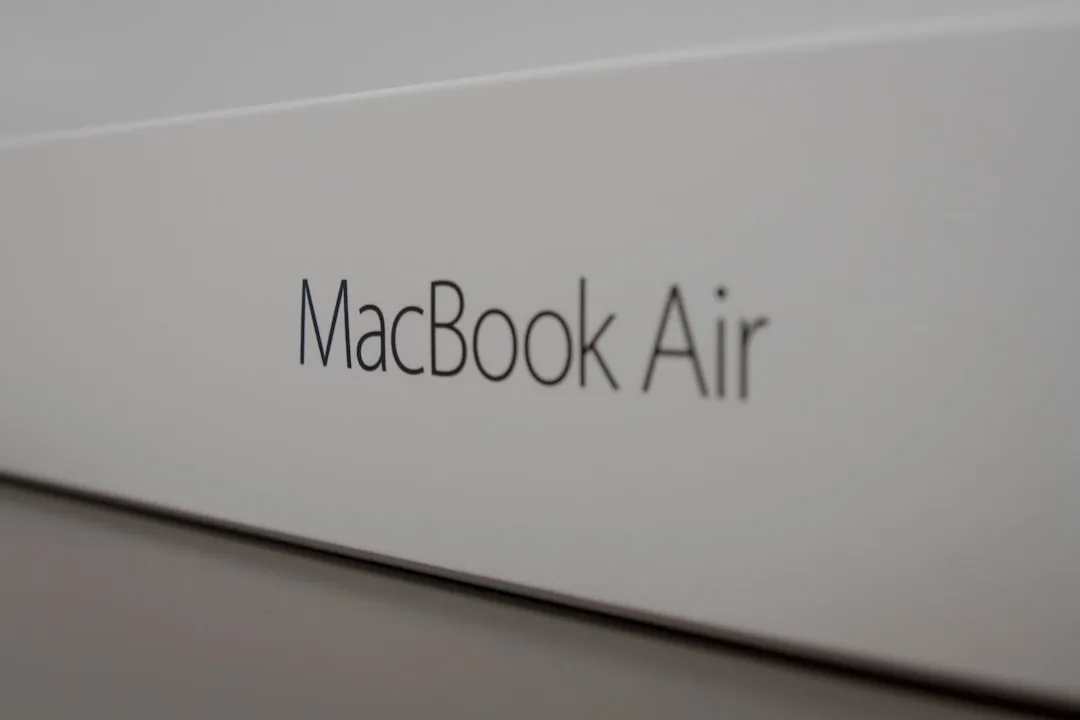

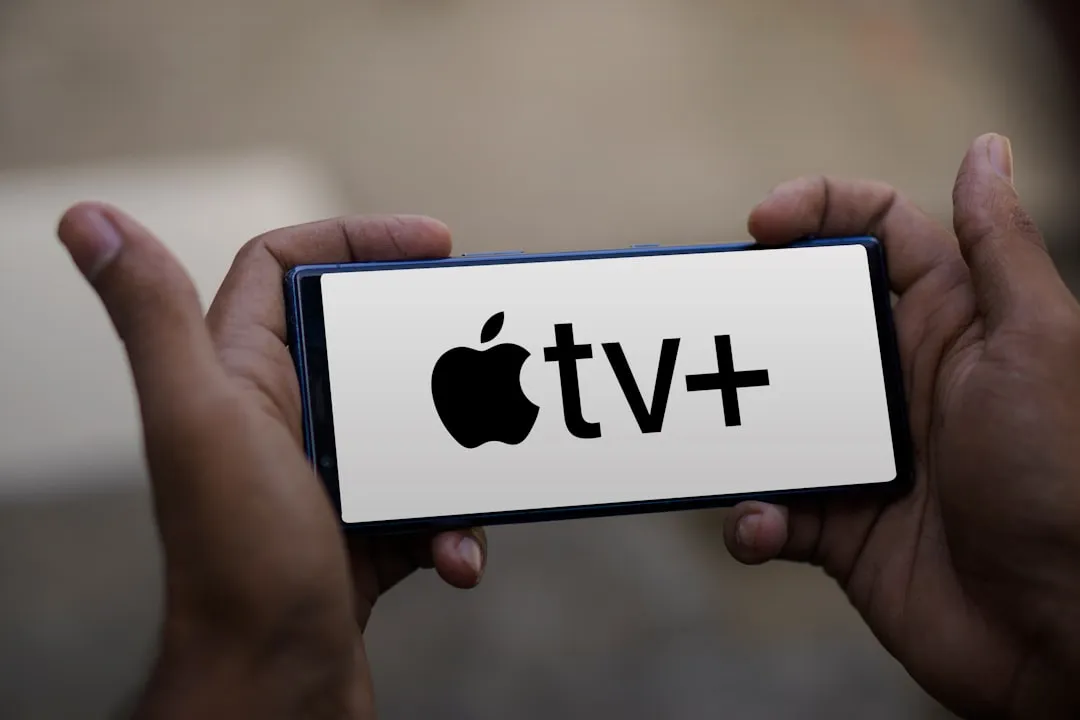





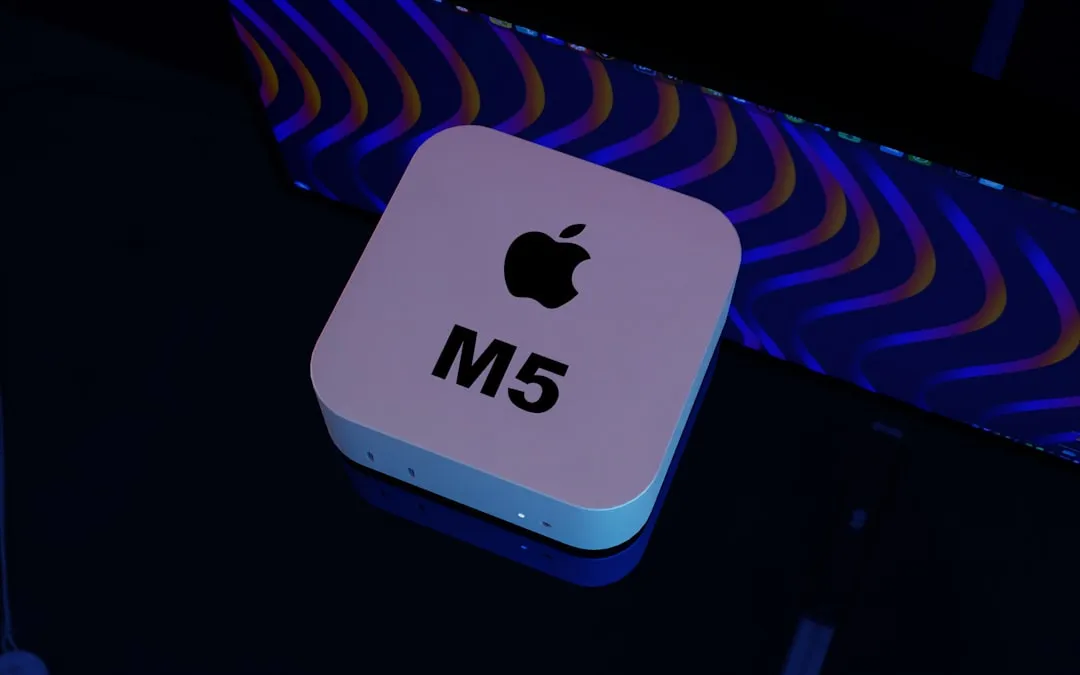
Comments
Be the first, drop a comment!